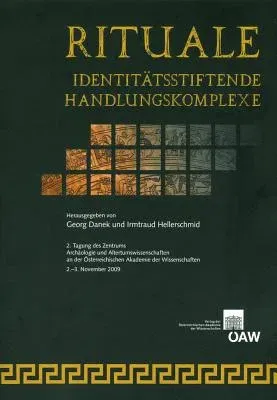The present volume gathers nine papers that present new empirical data
and theoretical findings on the significance of ritual for performers
and participants, for certain social groups or for an entire society.
Starting with an introduction by Gabriela Kilianova, the case studies by
Tatiana Buzekova, Gebhard Fartacek, Andre Gingrich, Christian Jahoda,
Eva-Maria Knoll, Maria-Katharina Lang, Helmut Lukas and Joanna
Pfaff-Czarnecka contribute notably to the current discourse on ritual
performances, whose power and effectiveness lend them an enduring
fascination for the social anthropological research community and
beyond. Although the authors have approached their cases from a variety
of theoretical standpoints and methodological approaches, all of them
have focused on the question: how does ritual become a possible source
of conflict or consensus in society, and also how may it be instrumental
in avoiding conflict and bringing about consensus? The search for
answers to this question produced a second unifying line in the
publication: this was the necessity of tracing ritual against the
background of social relationships and local or global economic,
political, ideological and cultural processes. As the research findings
show, contemporary societies in Asia and Europe on their way to multiple
modernity face many crises in which economic interests, political goals,
ideological concepts and the values of various social groups or
individuals come into potential or open conflict. Ritual meanwhile
continues to function in both directions: on the one hand as a
reflection or trigger of conflict, on the other hand as a pressure
towards the limitation of conflict, tending towards social cohesion.

